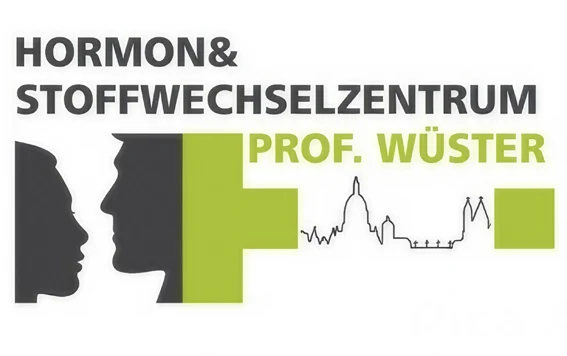Problems with the thyroid: Endocrinologist (Mainz) helps
Prof. Dr. Christian Wüster on an organ with a major influence on well-being
MAINZ – It is only a small organ in the front of the neck, yet it has a major effect on the human metabolism, circulation, growth and psyche: the thyroid gland. Reproduction can also be affected by a malfunction of the thyroid gland. Prof Dr Christian Wüster, an endocrinologist in private practice in Mainz, reports a wide range of symptoms with which thyroid patients present to his practice. The most common include the appearance of a goitre, weight fluctuations, tiredness or heavy sweating. ‘Goitre is one of the most frequently observed physical symptoms that indicate a malfunction of the thyroid gland, but this does not necessarily mean that it needs to be treated,’ explains the specialist from Mainz.
Endocrinologist from Mainz provides information on symptoms that indicate problems with the thyroid gland
The so-called goitre is by no means present in all problems associated with the function of the thyroid gland. An exact diagnosis and precise differentiation of the symptoms are important. For example, sleep disorders can not only be a sign of thyroid problems, but can also indicate depression, especially if listlessness and tiredness occur at the same time.
Endocrinologist Prof Dr Christian Wüster therefore also takes a detailed medical history with his patients to look at complaints that could be linked to other diseases, a so-called holistic approach. Various examinations are also required to diagnose a thyroid dysfunction.
Diagnosis of thyroid disorders by an endocrinologist in Mainz
After taking a medical history and checking the patient’s general condition, Prof Wüster will carry out various examinations in his practice in Mainz, depending on the symptoms. These include palpation of the organ, ultrasound and blood tests, a puncture or a nuclear medicine examination known as scintigraphy. At the centre of the diagnosis is the blood count, which can be used to determine the levels of the hormones thyroxine and triiodothyronine produced in the thyroid gland. Deficiency or overproduction can be read from the blood count, which Prof. Wüster analyses in his practice’s own laboratory. The thyroid gland is dependent on an adequate supply of iodine to produce the hormones, which the body obtains exclusively from food. A balanced supply of iodine through food is therefore important for good thyroid function.
Picture: © laszlolorik/Fotolia

